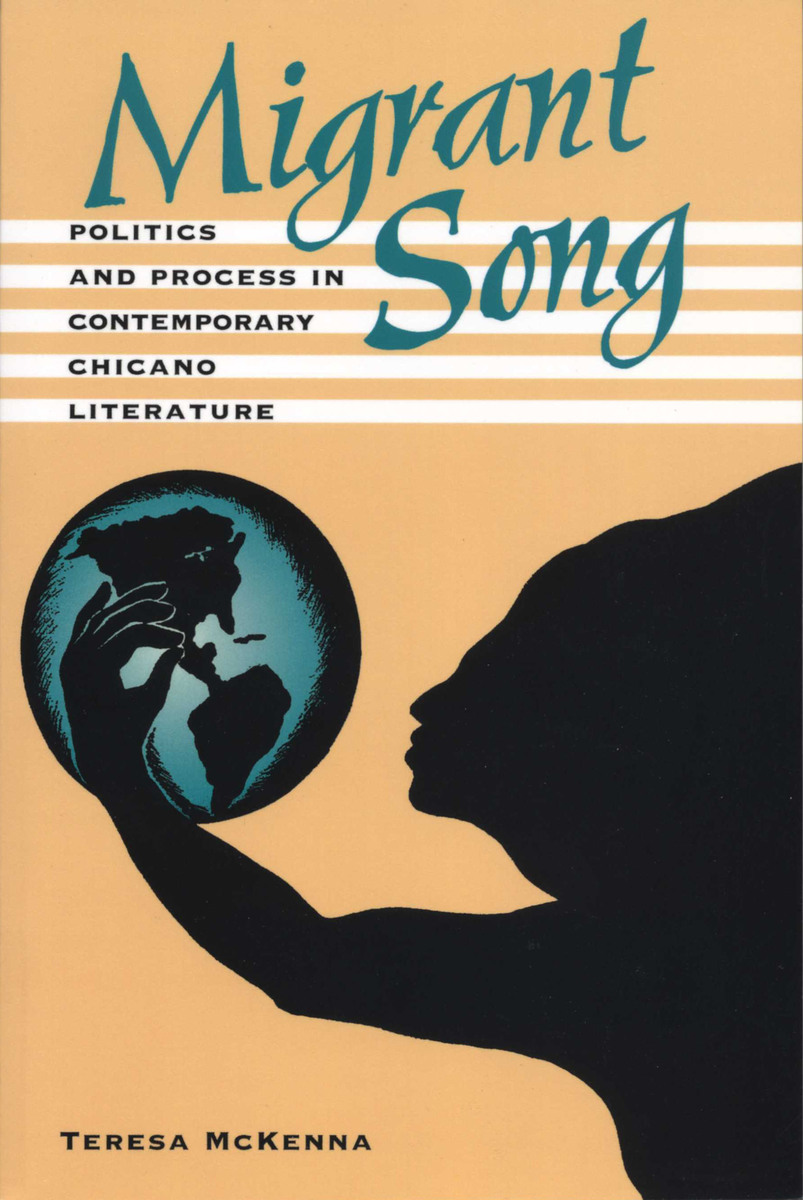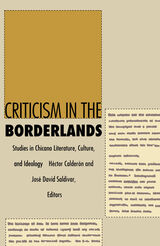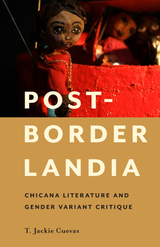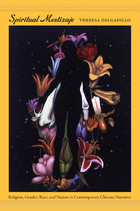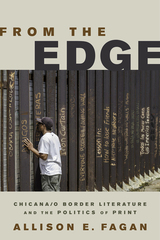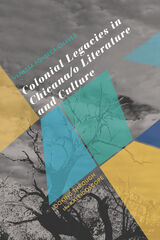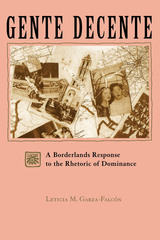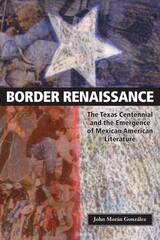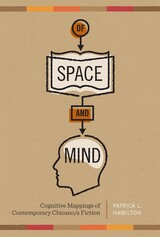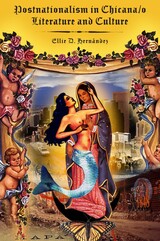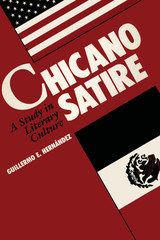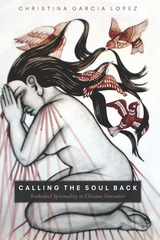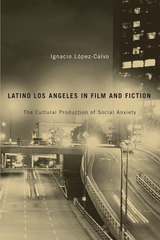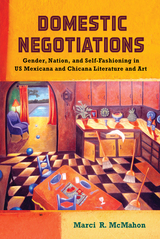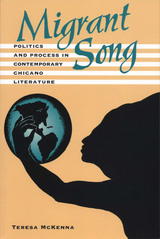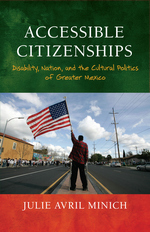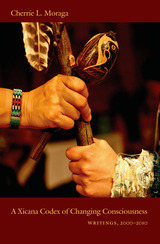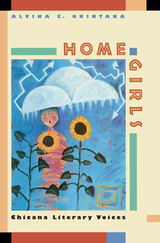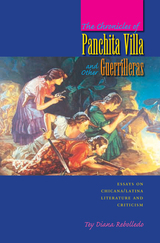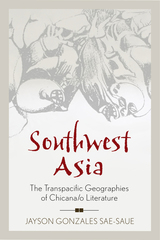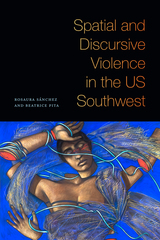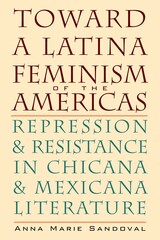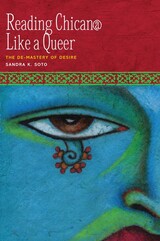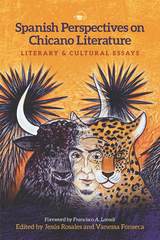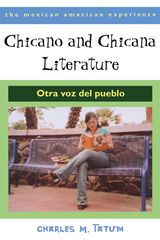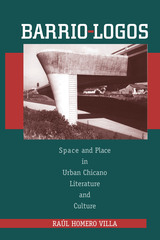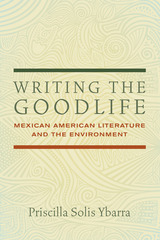eISBN: 978-0-292-78817-6 | Cloth: 978-0-292-76518-4 | Paper: 978-0-292-75188-0
Library of Congress Classification PS153.M4M55 1997
Dewey Decimal Classification 810.98687209045
Migration and continuity have shaped both the Chicano people and their oral and written literature. In this pathfinding study of Chicano literature, Teresa McKenna specifically explores how these works arise out of social, political, and psychological conflict and how the development of Chicano literature is inextricably embedded in this fact.
McKenna begins by appraising the evolution of Chicano literature from oral forms—including the important role of the corrido in the development of Chicano poetry. In subsequent chapters she examines the works of Richard Rodriguez and Rolando Hinojosa. She also devotes a chapter to the development of the Chicana voice in Chicano literature. Her epilogue considers the parallel development of Chicano literary theory and discusses some possible directions for research.
In McKenna's own words, "I believe that the future of this literature, as that of all literatures by people of color in the United States, rests largely on its being effectively introduced into the curricula at all levels, as well as its entrance into the critical consciousness of literary theory." This book will be an important step in that process.
See other books on: Emigration and immigration in literature | Mexican American authors | Mexican Americans in literature | Politics and literature | Process
See other titles from University of Texas Press
